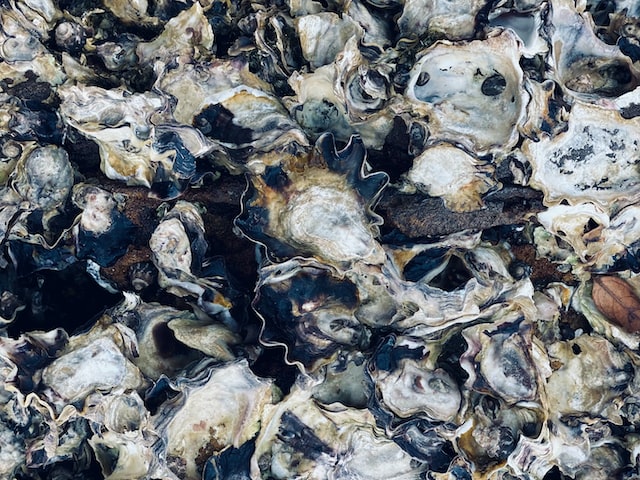
Raising chickens can be a fun and rewarding experience. Still, it’s important to make sure that your feathered friends have everything they need to stay healthy and happy.
For example, one important aspect of chicken care is providing them with grit, which helps them digest their food properly. But what if you’re having trouble finding grit or looking for chick grit substitutes?
In this post, we’ll look at the importance of grit for chicks, whether you really need to give them grit, and some possible alternatives. Contents
Why Do Chicks Need Grit?
Grit is essentially tiny pieces of gravel or crushed shells that chickens consume to help grind up their food in the gizzard.
Chickens don’t have teeth, so they use grit to break down their food before it reaches their stomach.
This is especially important for chickens that eat a lot of whole grains, as they need grit to help them digest it properly.
Related How Much Do Baby Chicks Cost?
Do Chicks Need Grit?
While grit is important for chickens, it’s only sometimes necessary to provide it to your chicks.
For example, if your chicks eat a diet of crushed or pelletized feed, they may not need grit.
However, if you’re feeding your chicks whole grains or other foods that are difficult to digest, it’s a good idea to provide them with grit.
What If I Use A Grit Substitute?
If you’re unable to find chicken grit or looking for an alternative, you can try a few options.
Some people use crushed eggshells, while others use crushed oyster shells.
You can also try using small pebbles or gravel, but make sure they’re not too large or too sharp, so they don’t harm the chick.
Some people also use uncooked rice or corn as a grit substitute.
What Happens If Chickens Don’t Have Access to Grit?
If chickens don’t have access to grit, they may experience problems with their digestion.
They may have trouble breaking down their food, leading to malnutrition and other health issues. What’s more, chickens that don’t have grit may have difficulty laying eggs, as the eggs may be too soft-shelled.
Also see What Do Chickens Need To Lay Lots of Eggs
Video – Chicks, Grit and Treats – a lovely video…
How Do You Make Homemade Chick Grit?
If you want to make your own chick grit, it’s easy to do.
First, crush eggshells or oyster shells in a food processor or coffee grinder, then spread the resulting powder on a baking sheet. Bake it at 200 degrees Fahrenheit for about 10 minutes or until the shells are completely dry. Once they’re cool, you can store them in an airtight container and feed them to your chicks as needed.
Can I Use Sand as Chicken Grit?
While sand can be used as a substitute for grit, there are better options.
Sand doesn’t have the same hard texture as grit, so it may not be as effective at helping chickens grind up their food.
Furthermore, sand can be challenging to clean, and it can become contaminated with bacteria and other harmful substances.
If possible, it is always better to use crushed shells or gravel as grit for your chickens.
Related Why Is My Chicken Laying Down A Lot?
Cheap Grit Options?
What if you are on a budget and need free or cheap options for grit? Many farmers and backyard chicken enthusiasts provide their chickens with cheap grit, such as crushed limestone or sand, as these materials are readily available and relatively inexpensive.
However, it is important to ensure that the grit provided is the appropriate size for the chickens and that it is kept dry to prevent spoilage.
And remember, you may not even need grit if you are giving them food that includes it.
Summary
In conclusion, grit is an essential part of a chicken’s diet and plays a vital role in their digestion. If you’re having trouble finding grit or looking for a substitute, there are a few options you can try, such as crushed eggshells, oyster shells, small pebbles, or gravel. You can also make your own grit by crushing shells and baking them. While sand can be used as a substitute, it is not the best option, and it’s always better to use crushed shells or the like.
Photo by Mandy Henry on Unsplash

